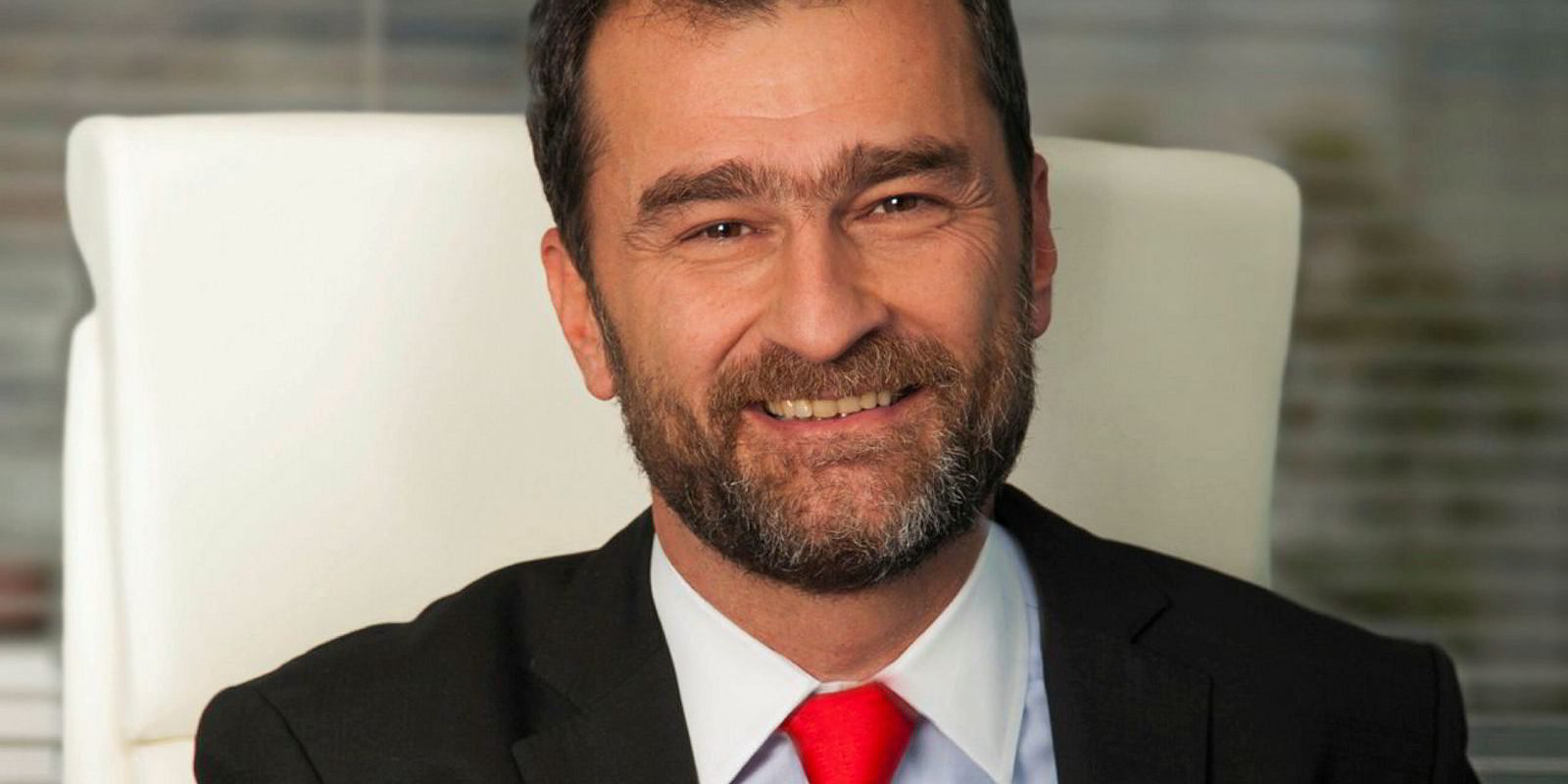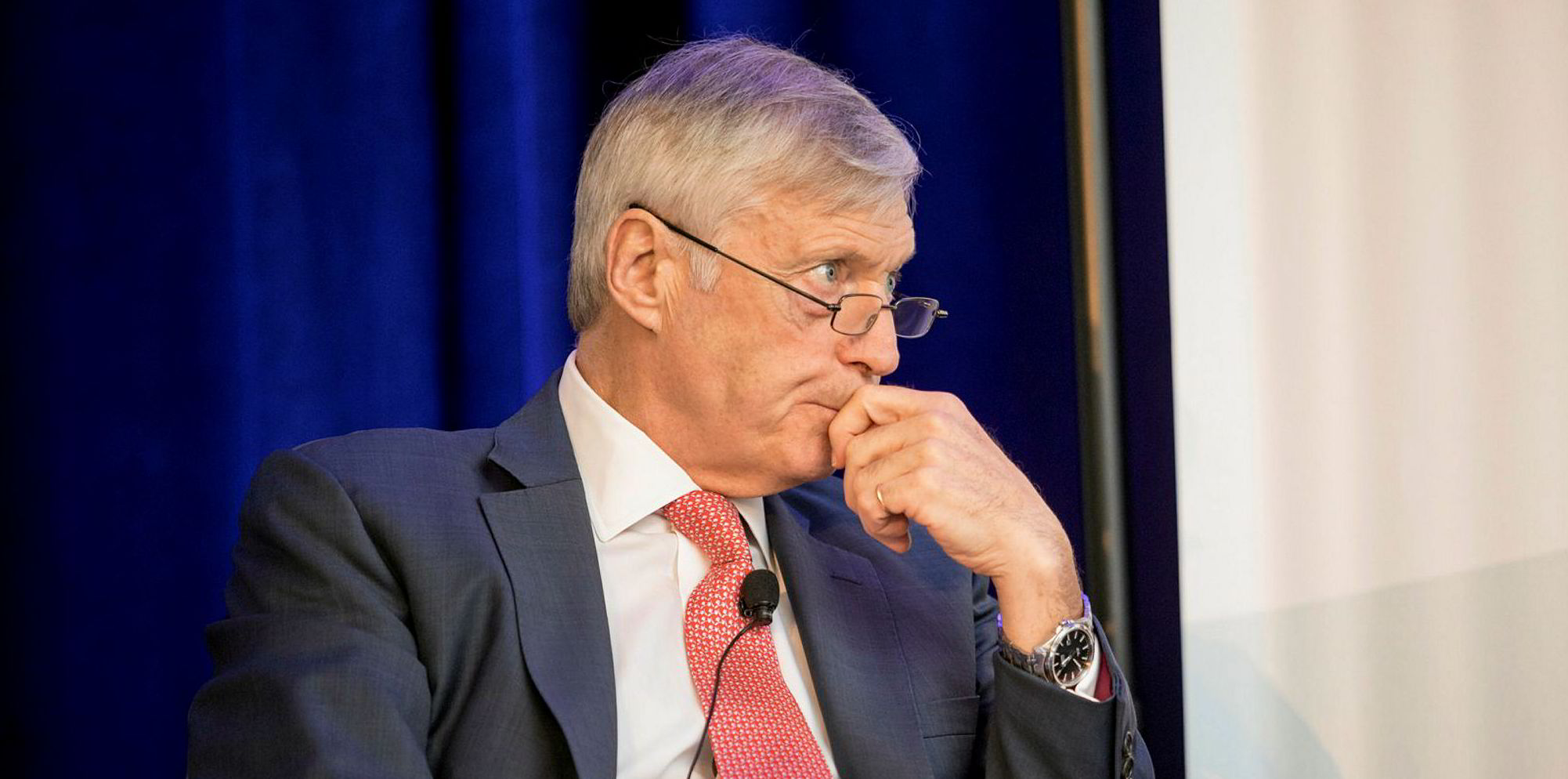Strict underwriting criteria and rising rates are set to push American Hellenic Hull Insurance Co into profitability just three years after it launched, according to chief executive Ilias Tsakiris.
The insurer was set up in Cyprus and Greece under the ownership and management of the American Club protection and indemnity mutual.
It is based on legacy business inherited from the former Hellenic Hull Mutual Association, which was shuttered in 2015.
Global player
The venture maintains a strong Greek and Cypriot client base but it has started to spread its wings in the global market through its relationship with the American Club.
Bulkers make up the majority of the portfolio, accounting for about 45%, followed by containerships at 24% and tankers at 18%.
It has not been an easy start for the new venture. Its 2018 annual accounts show a loss of $1.8m based on gross premiums of $8.7m.
Its combined ratio, which reflects the balance of claims costs against premium income, was a whopping 140%, although that was down on the 264% in the previous year.
Tsakiris said many of the losses could be attributed to start-up costs of meeting the regulatory requirements of the Solvency II risk-based capital regime, such as providing full capital “upfront”.
We have seen that Lloyd’s [of London] has decided to cut down on losses and that has had a knock on [in terms of insurance rates] in the world market
Ilias Tsakiris
Predicting profits
But he said the company is on schedule to meet its profit target for 2019.
“We expect this year the company to be profitable as it was planned. We look to be spot on with our predictions,” he explained.
“We have seen that Lloyd’s [of London] has decided to cut down on losses and that has had a knock on [in terms of insurance rates] in the world market.
“I see good signs. Insurance premiums are now more correct to the risk and should allow underwriters to return some profit.”
Reining in loss ratio
On claims, he said things are “fairly stable”, and he is expecting a loss ratio of about 67%.

Strict criteria
Tsakiris said American Hellenic wants to focus on “quality tonnage” and has developed 13 strict underwriting criteria for the fleets it insures.
For example, fleets must have an average age of 15 years old or younger, and be certified by International Association of Classification Societies members.
Currently, about 76% of the American Hellenic fleet is 15 years old or younger.
The American Club invested in American Hellenic as part of its diversification programme and Tsakiris concedes the pressure is on to earn profits.
“We want to make money for the American Club and to be as financially robust as we can,” he said.





